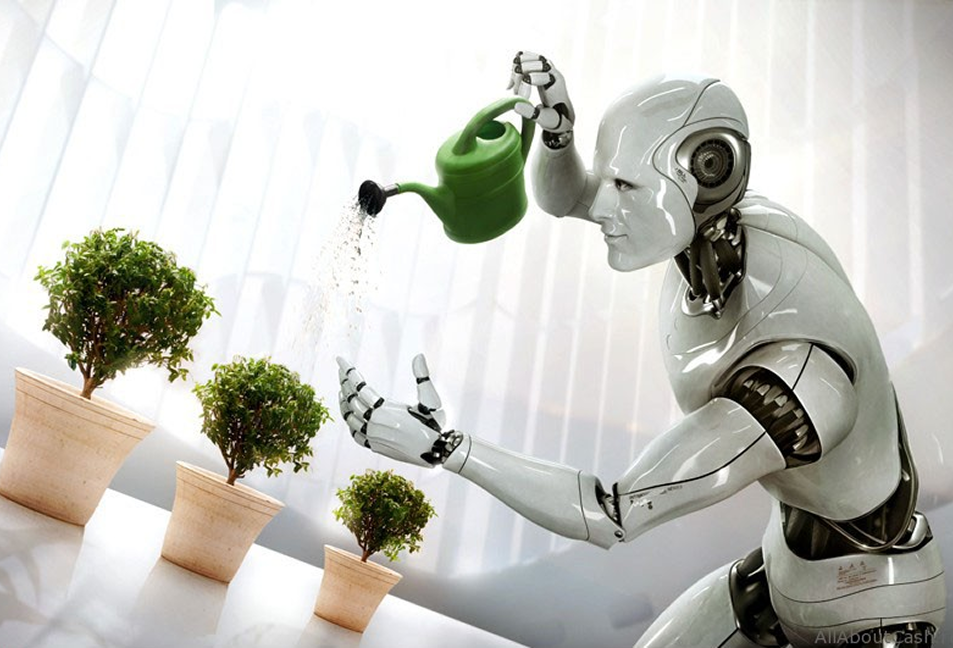Research, innovation, and industrial strategy
The United Kingdom is a hub for robotics research and innovation, supported by universities, research institutes, and industry partnerships. Institutions such as Imperial College London, the University of Bristol, and the University of Edinburgh conduct cutting-edge research in robotic control systems, AI integration, human-robot interaction, and materials science. The UK government supports robotics through initiatives like the Industrial Strategy Challenge Fund, promoting development of advanced robotics, autonomous systems, and AI-enabled technologies. Collaborative projects between academia and industry accelerate translation from laboratory prototypes to commercially viable solutions.
Ethical and social considerations
The expansion of robotics in industry and everyday life raises significant ethical, social, and legal questions. Automation may displace certain job roles, requiring reskilling and workforce adaptation. Privacy, safety, and accountability are critical when robots operate in public or private spaces. UK policymakers and researchers are actively addressing these concerns, developing regulatory frameworks, safety standards, and ethical guidelines to ensure responsible deployment of robotic systems. Public engagement is essential to build trust, ensure inclusivity, and align technological development with societal values.
Future trends and societal impact
The future of robotics in the UK points toward increased autonomy, intelligence, and integration into daily life. Industrial robots will become more collaborative, flexible, and networked, supporting smart factories and adaptive production lines. Service and domestic robots will become more personalised, capable of natural interaction and continuous learning. Robotics will support ageing populations, healthcare delivery, urban mobility, and environmental monitoring, reflecting both economic and social priorities. The convergence of AI, robotics, and IoT will create interconnected ecosystems where robots assist humans in complex tasks, enhancing productivity, safety, and quality of life.
Conclusion
Robotics in the United Kingdom is transforming industry, healthcare, domestic life, and public services. By combining mechanical engineering, artificial intelligence, and sensor technologies, robots improve efficiency, precision, and convenience while presenting new social, ethical, and economic challenges. UK initiatives in research, industrial strategy, and public policy are fostering innovation while addressing societal impacts, ensuring that robotics contributes to sustainable economic growth and improved quality of life. As robotics technology advances, the UK is poised to leverage these innovations to create intelligent, adaptable, and socially responsible environments in both industrial and everyday contexts.

